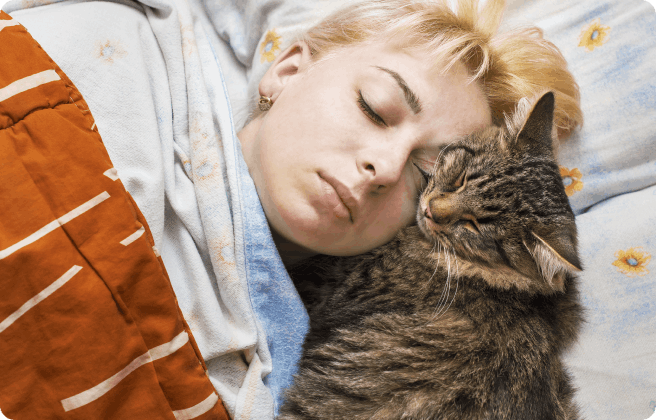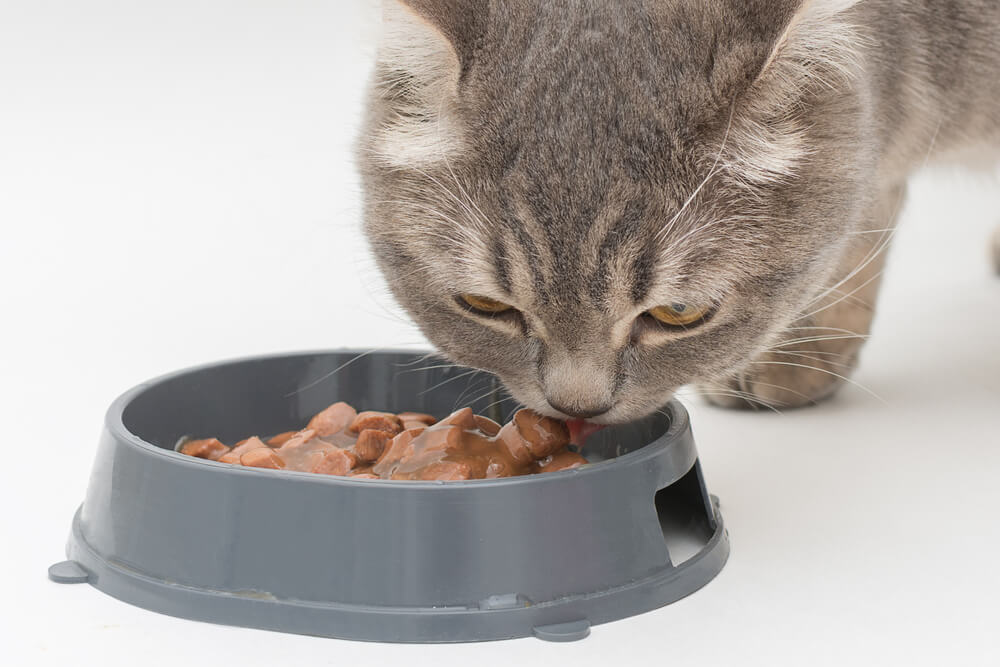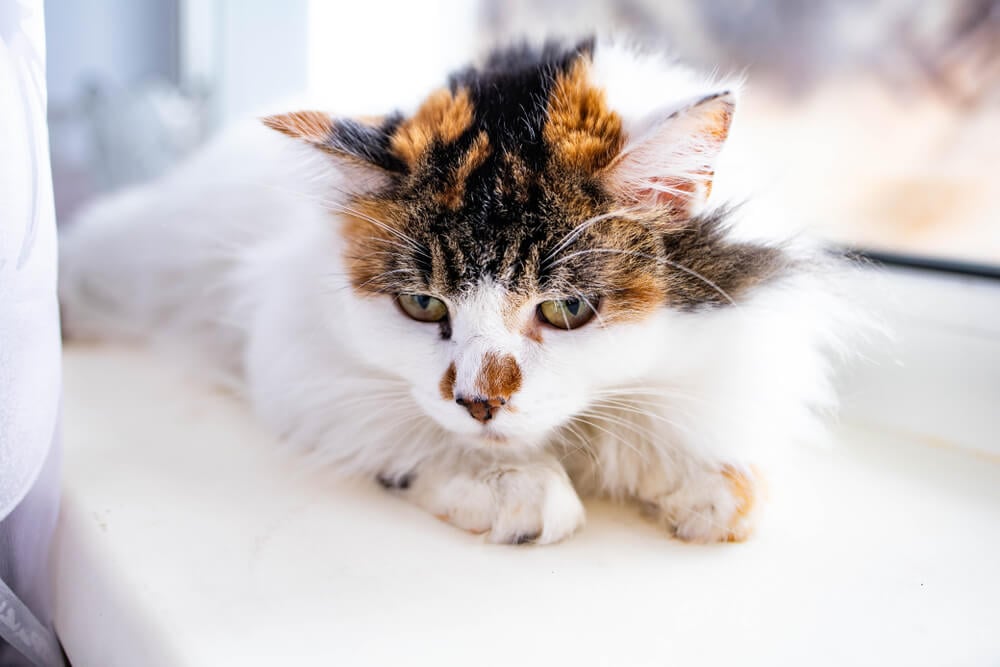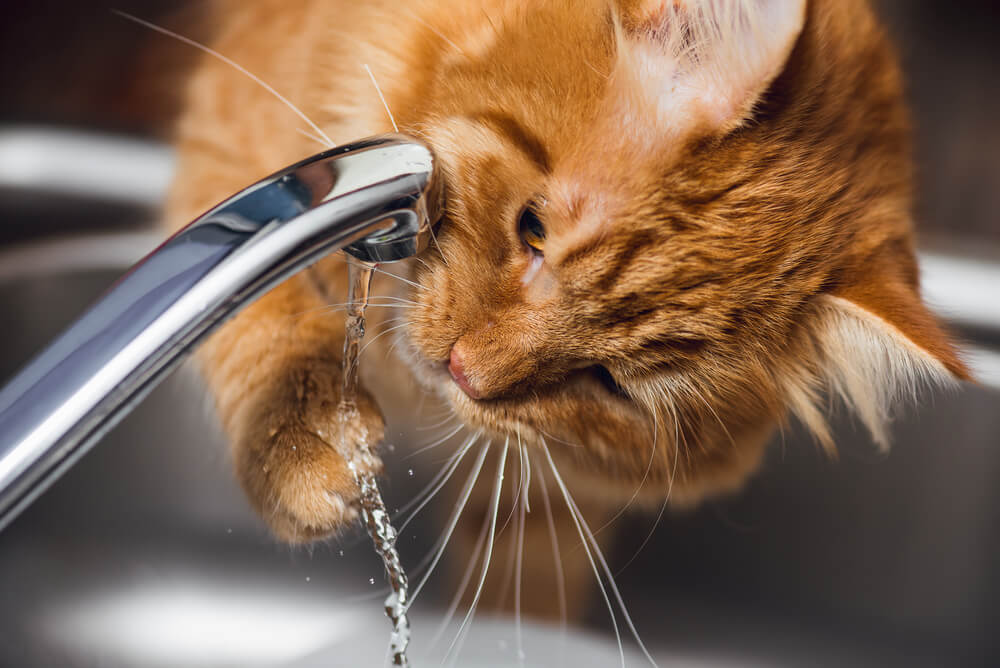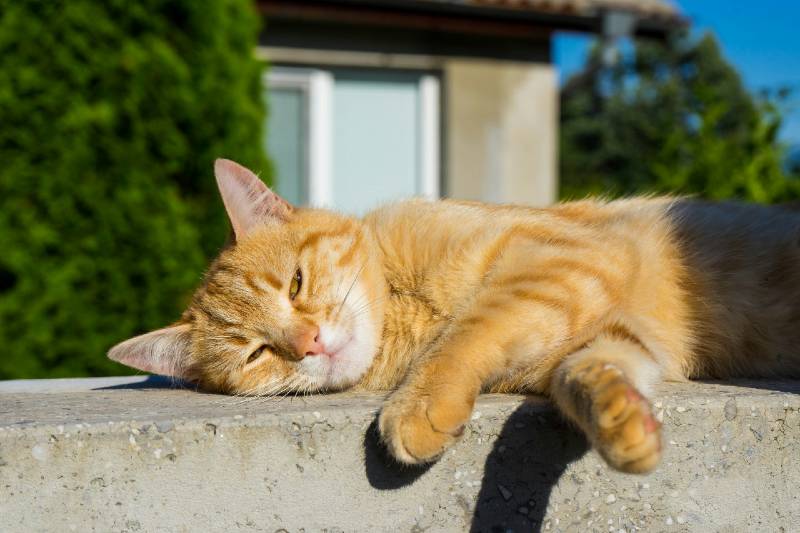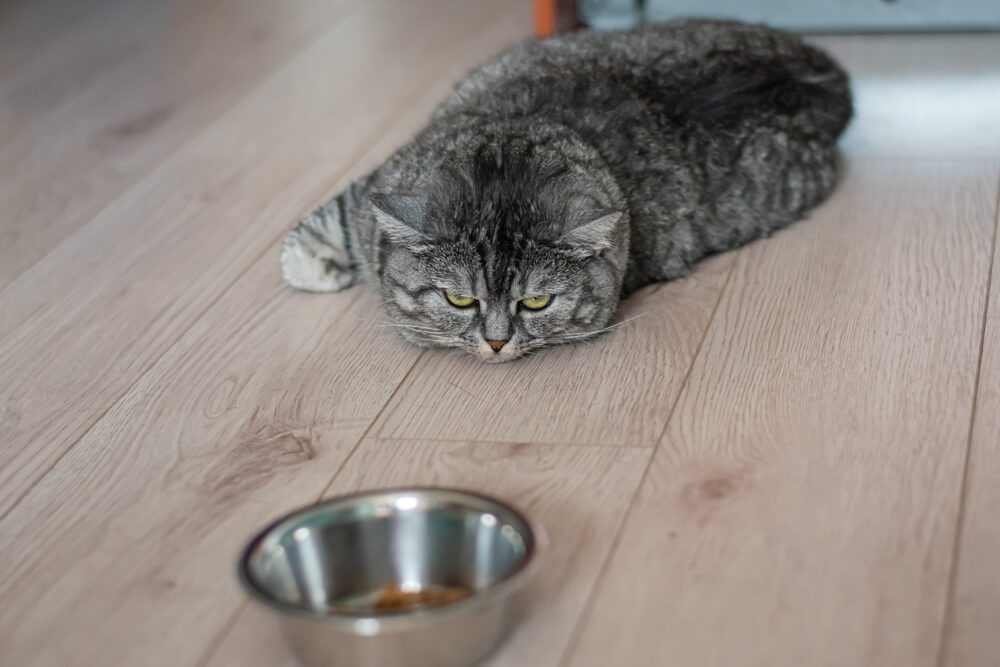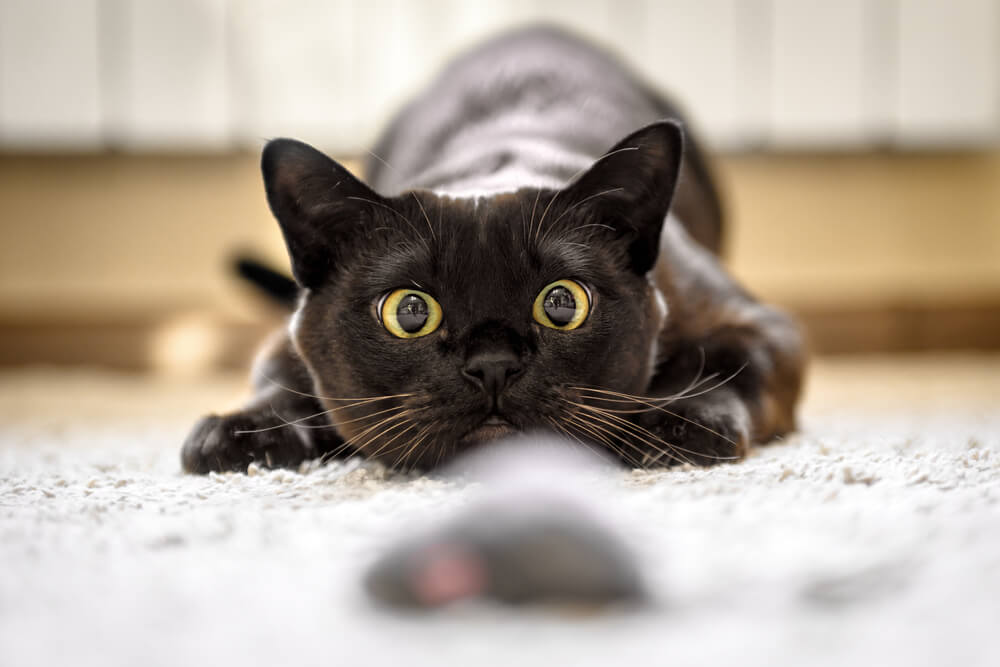
It’s a new day. You stumble downstairs in your half-asleep state with bare feet and the first thing your foot lands on is something half-warm, squelchy and soft.
Your mind jumps to one of two conclusions regarding what you’ve just sunk your foot into, neither of which are pleasant.
If it’s a small mammal, it’s part of the admission price of being an outdoors-cat parent: a gift, lovingly hunted, caught, toyed with, dispatched, then deposited in your kitchen for you to ‘appreciate’. After all, a lot of hard work has gone into it.
If this sounds like a familiar story, you might be wondering why your precious, well-fed feline companion goes hunting for live prey when you provide them with regular, delicious, nutritionally balanced meals as well as regularly engaging them with their toys.
This article explains all you need to know about cat-hunting behaviors, in particular why domestic cats continue to track small animals despite years of domestication.
Why do domestic cats hunt prey?
The drive to hunt prey is part of cats’ instincts as solitary hunters. Many years ago, they were used primarily as pest controllers, and the best hunters would be the ones bred from, meaning cats have evolved to be adept at hunting small mammals and birds just as part of who they are.
They are carnivores and, as they hunt alone, the biggest prey they can potentially catch are usually small rodents or birds, although more skilled, daring hunters can catch small rabbits and rats.
If they were living off these small kills, they’d need to hunt and kill throughout each day to satisfy their appetitie and get enough energy — cats that don’t receive food from their owner can make upwards of 10 kills a day. This means cats are instinctively used to eating small meals more frequently throughout the day, as well as scavenging for any other food they might find.
Your outdoor cat will hunt on average for anything from three to 10 hours a day, so allowing them the freedom to do this is important for their development as well as being simply a natural, in-built part of their genetic make-up.
How do domestic cats hunt?
Once they’ve located their prey, cats generally use the ‘stalk and pounce’ method.
This is where they crouch low to the ground, with their neck outstretched, and slowly and quietly work their way towards their oblivious prey.
Once they’re close enough to leap into action — literally — they wait, poised, holding a tense position before springing quickly and quietly onto the target, grabbing it with their front paws.
Why do cats play with their prey?
As mentioned above, cats hunt alone and, as a result, they need to keep themselves full before they get too hungry, as if they hunt when hungry they may not manage to catch anything to eat, due to not being able to kill their prey, or not even finding prey to kill.
As a result, cats will regularly hunt in an opportunistic manner — just in case they need to eat. If they make a kill and are not hungry, they’ll play with it instead, and when they finally tire of it they will deposit it on the doorstep or kitchen floor.
Another reason cats toy with their prey is an in-built fear of getting injured by the animal. Those who are most fearful have been shown to play with their prey for the longest before making the kill. This is in an attempt to exhaust the prey, so that the tiny-yet-sharp teeth or beaks won’t injure them.
How can I reduce my cat’s hunting behavior?
Reducing hunting your cat’s hunting exploits is not easy as it’s innate to their behavior. They’re hard-wired to hunt small things that move rapidly.
You can do several things to potentially reduce the amount they hunt, such as ensuring they’re fed a balanced diet with a high meat content. Studies have shown that in households where this diet was introduced, cats reduced their hunting by 36% 1. Another option is to try providing more frequent, smaller meals to mirror their hunting behavior.
Alongside changes to diet, playing with your cat regularly — in particular with ‘fake’ prey they can chase and ‘kill’ in short bursts — has been shown to reduce the cat’s urge to hunt outdoors.
Of course, one surefire way to stop them hunting is to keep them indoors. If your cat is used to having free reign outside, this may not be an easy option to introduce as it might negatively impact their way of life.
As a half-measure, you could keep them inside during times of high prey activity, for example dawn and dusk, to reduce their opportunity to bring prey back to your house.
- https://www.sciencedirect.com/science/article/pii/S0960982220318960 ↩︎
We uphold the highest editorial standards when creating the authoritative content pet parents rely on and trust.
Every piece of clinical content on the Cat Food Advisor is reviewed by our certified Veterinary Advisory Board, which consists of licensed veterinarians and medically certified specialists.
Our reviews are completely independent; we are not paid by any pet food company to promote their products favorably. We do not accept money, gifts, samples or other incentives in exchange for special consideration. For more information see our Disclaimer & Disclosure page.




